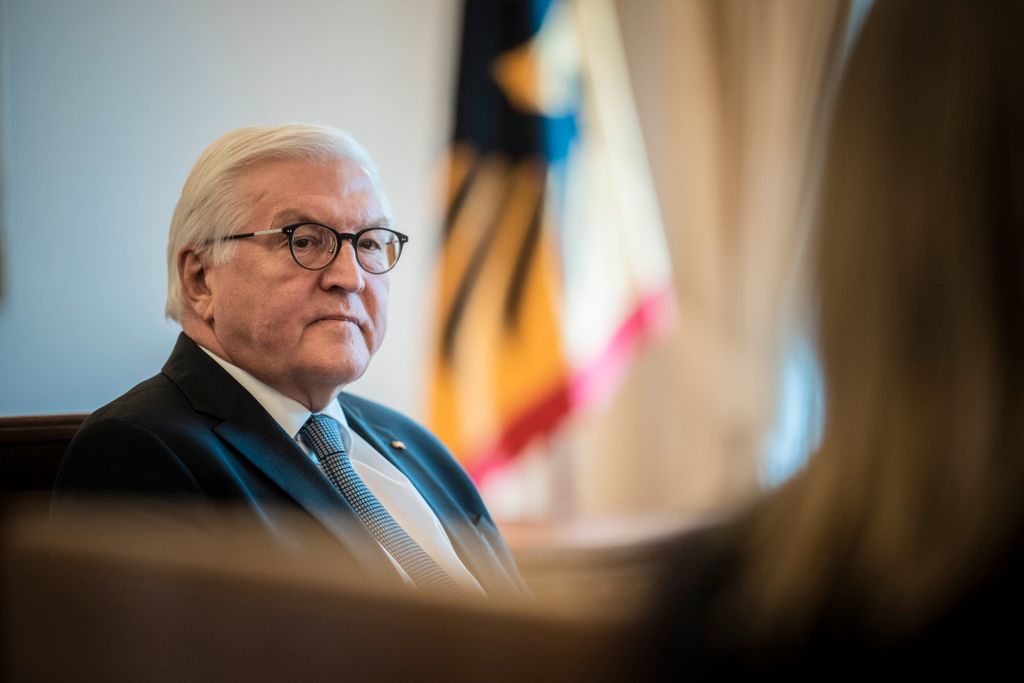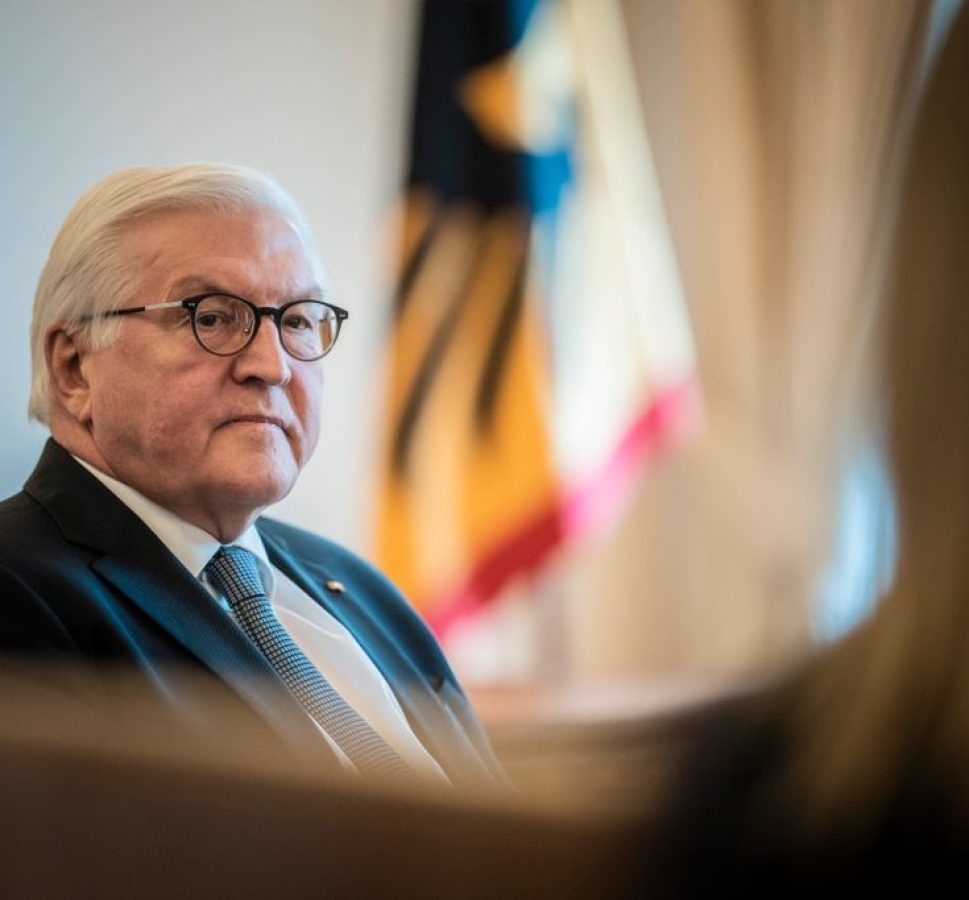
‘I am ashamed about what German colonial soldiers did,’ said Frank-Walter Steinmeier.
Germany’s head of state asked for “forgiveness” on Wednesday for the abuses committed by his country’s colonial forces in Tanzania, during a visit to Songea, the site of a massacre of indigenous Maji-Maji people at the beginning of the 20th century.
“I bow before the victims of German colonial rule. And, as Germany’s Federal President, I want to ask for forgiveness for what Germans did to your forefathers”, declared Frank-Walter Steinmeier, according to the text of a speech distributed by his office.
Between 1905 and 1907, German colonial troops massacred between 200,000 and 300,000 Maji-Maji representatives following an uprising by the latter, according to estimates provided by historians.
Mr Steinmeier referred to the fate of Chief Songea Mbano, a leader of the rebellion at the time, who was hanged and beheaded by the Germans along with 66 of his fighters.
“People in Germany who have some knowledge of German colonial history must also be appalled by the extent of the brutality dispensed by the German colonial forces, must be appalled by what you have told me,” he told the descendants of Chief Songea, according to the text of the speech.
“It shames me. I am ashamed about what German colonial soldiers did to your forefather and his fellow warriors.”
The visit to Tanzania by Mr Steinmeier, whose position is essentially honorary in Germany but who acts as the country’s moral guarantor, comes at the same time as that of King Charles III in Kenya, who condemned his own country’s colonial abuses in East Africa – while stopping short of a full-on apology, which would have to be cleared by his elected government.
The German colonial empire, which never matched the full extent of the French, British or Portuguese, encompassed several African countries, including Burundi, Rwanda, Tanzania, Namibia and Cameroon. It ceased to exist after the First World War.
For a long time, this responsibility was overshadowed by the two world wars and the Holocaust. But over the past two decades, the country has nevertheless begun to come to terms with its colonial past, leading it to make restitutions.
In particular, it has returned the bones of members of the Herero and Nama tribes in Namibia, colonised from 1884 to 1915, where it acknowledged in May 2021 that it had committed “genocide”.
“That is another reason why I came to Songea: to take these stories back with me to Germany so that more people in my country hear them. What happened here is part of our shared history – the history of your forefathers and the history of our forefathers in Germany.
“We Germans also need to face up to this history so that we can build a brighter future together.”






